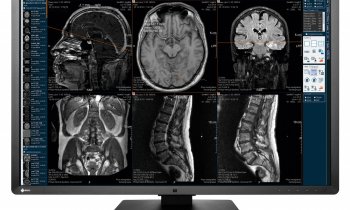BP: A poor indicator for cardiac disease
Blood pressure (BP) screening, either alone or in combination with other cardiovascular risk factors such as cholesterol levels, does not determine a person's chance of having a heart attack or stroke, reports Professor Malcolm Law and colleagues at the Wolfson Institute of Preventive Medicine in the Journal of Medical Screening.
Although high BP is a proven cause of heart disease and stroke, the authors claim that most heart attacks and strokes occur in people who do not have high levels of blood pressure. Pre-treatment blood pressure measurements identify people who will not suffer from heart disease in addition to those who will.
History of heart disease is best indicator - ‘Identifying patients at the time of hospital discharge following a heart attack or stroke is the most effective screening test to distinguish those who will die of cardiovascular disease,’ the authors report. This is supported by the fact that about 50% of deaths caused by heart disease occur in people who have already had a heart attack.
All people over 55 are at higher risk - We know that lowering BP decreases the risk of heart attack and stroke, regardless of the patient’s existing level of BP. The authors conclude that preventive treatment might as well be offered to everyone above a specified age of 55 ‘...rather than attempting to discriminate between people using measurements of blood pressure or cholesterol’.
Lower dosage reduces incidents - Professor Law and colleagues also discuss recent work that has ‘...shown that blood pressure lowering drugs are in general best used at half the present standard doses, because the resulting reduction in adverse effects outweighs the relatively small loss of efficacy.’ Using BP lowering drugs at low dose in persons over 55 would reduce the number of heart attacks by 46% and stroke by 63%.
Details: www.rsm.ac.uk/new/prbody.htm
01.07.2004











